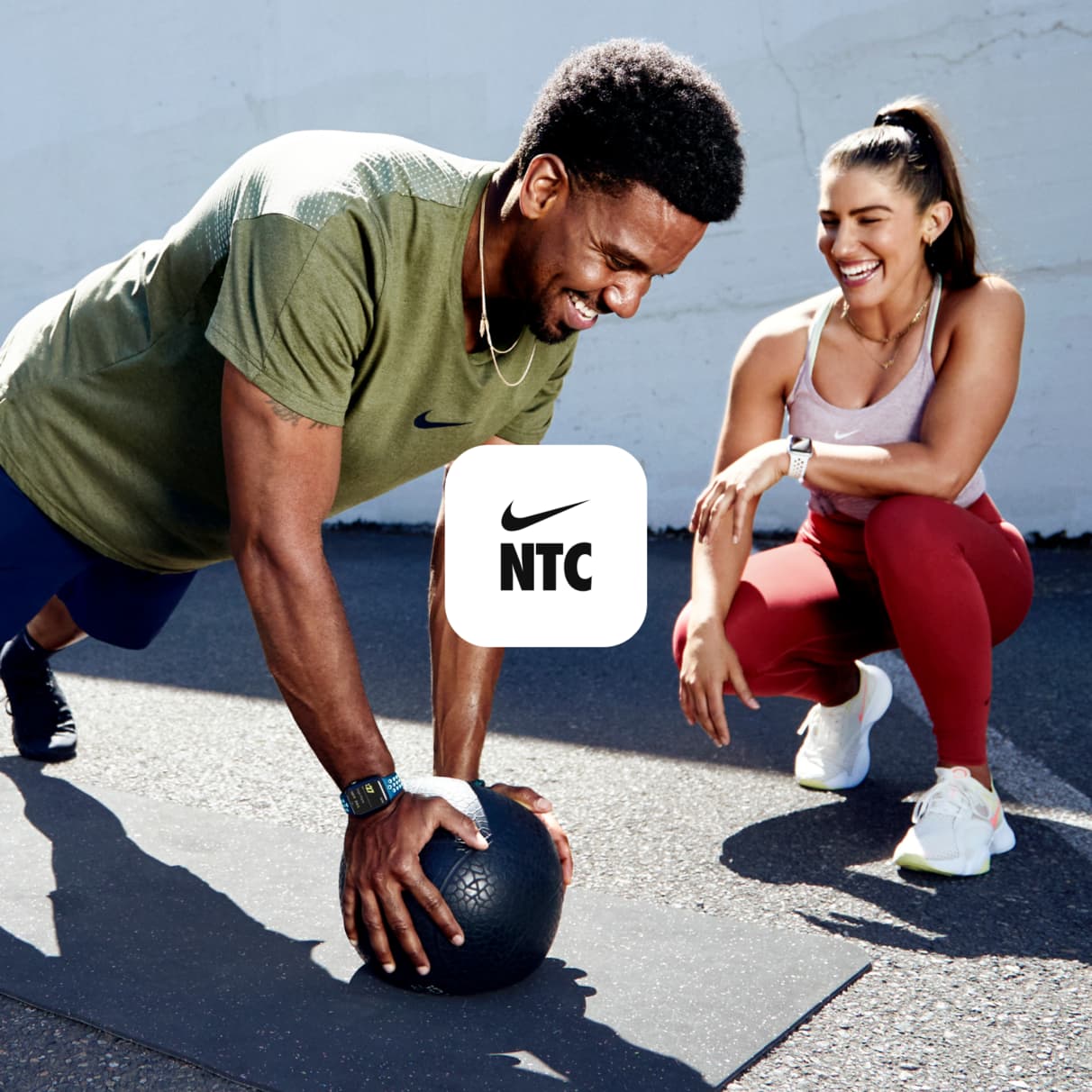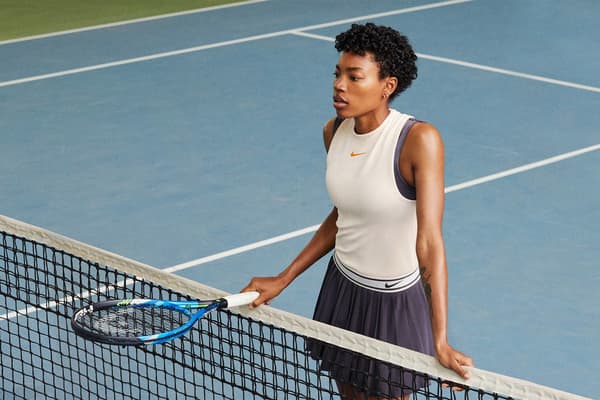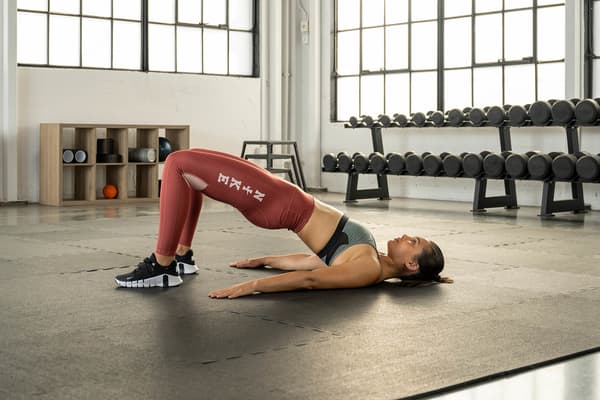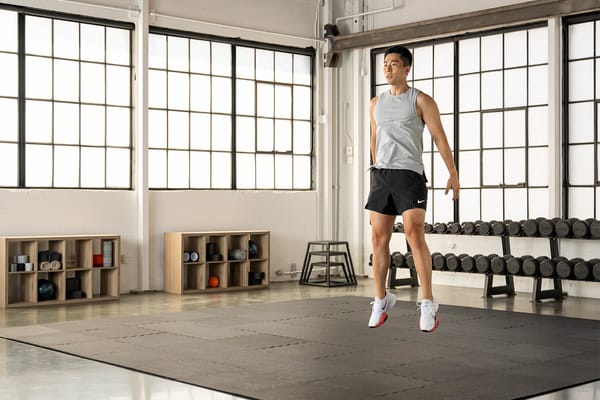Tennis Drills That Can Improve Your Game, According to Coaches
Sport & Activity
Own the court with these moves.
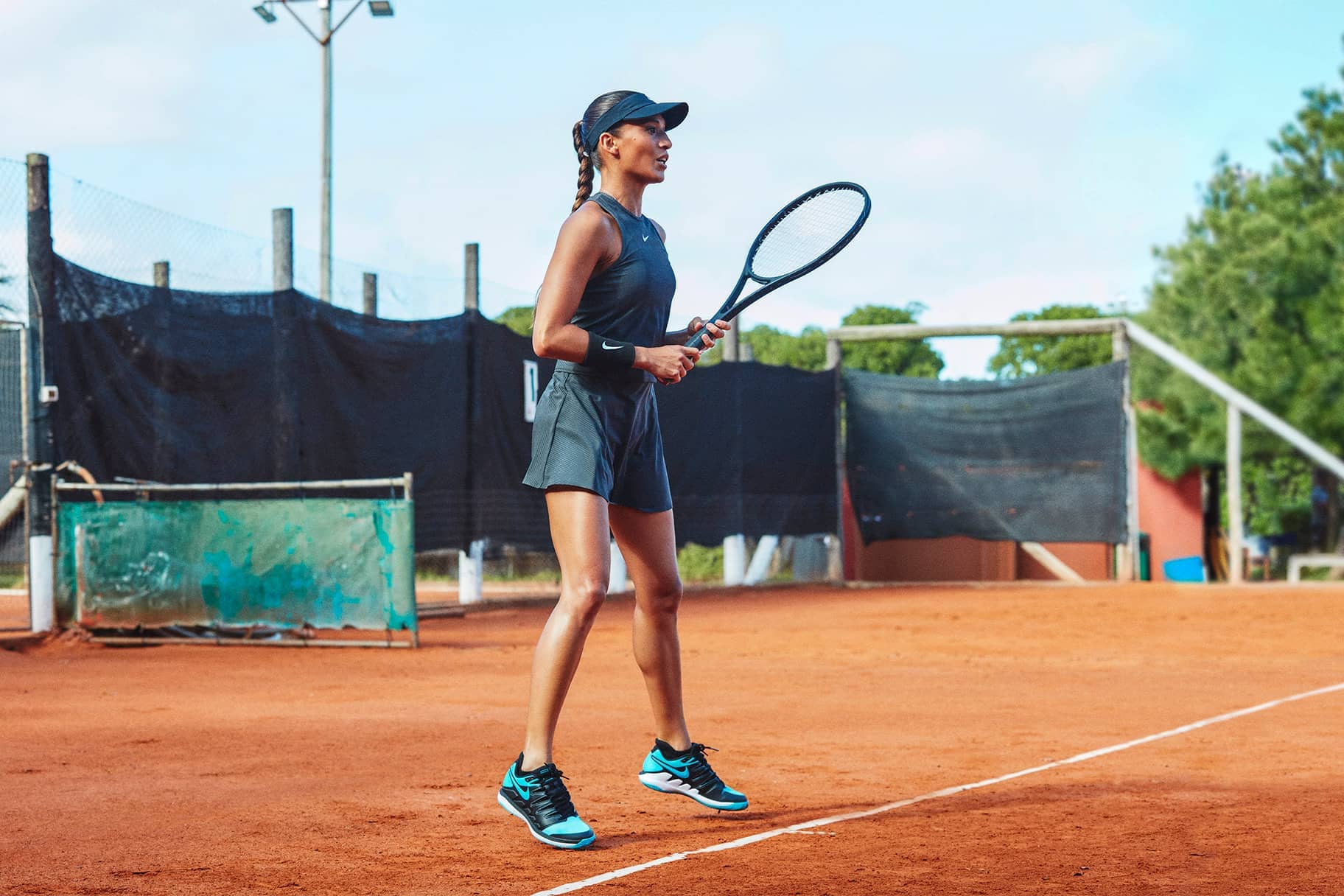
The key to getting better at any sport (or skill) is to practise. And, in the case of tennis, it often comes down to doing more drills—apart from playing a game of singles or doubles.
Tennis drills can help to improve your footwork, swing and racket handling, among other skills. And beginner-friendly tennis drills allow newcomers to get up to speed with seasoned players to hold their own on the court.
If you've never done tennis drills, it's understandable to have questions about why these are important and what, exactly, will improve your game. Here's what expert tennis coaches want you to know.
Why are tennis drills important?
Tennis drills are important because they focus on repetition, said Robert Bucheli, tennis coach and USPTA-certified Elite Tennis Pro at Tennis World NYC.
"You need to have repetition to be familiar with hitting the ball and to build that confidence", he said.
Bucheli added that "aggression" is a key component of being a good tennis player "and you need to have confidence and muscle memory" to be effectively aggressive, i.e. quick to hit the ball and stay on your toes, on the court.
Drills can also help to learn the game, said Kacper Owsian, a Los Angeles-based tennis coach and former professional tennis player. "If someone is just getting started with tennis, drills are the best to learn the fundamentals, proper technique and accelerate the learning process", he said. And, even if you've been playing tennis for a while, drills can help improve your game in specific areas, said USPTA Hall of Fame tennis coach Rick Macci, founder of the Rick Macci Tennis Academy.
What should tennis drills focus on?
Well, a range of things. "Drills can focus on any necessary area", said Chris Robb, tennis coach and a USPTA-certified Elite Teaching Professional. "For beginners it would be basic stroke development. As one progresses towards advanced beginner games, playing strategy drills are incorporated".
And as you become an intermediate or advanced player, you'll want to perform drills that focus on your playing skills, help you improve your ability to hit the right target, allow you to recognise offensive and defensive positions on the court, support conditioning and assist in developing speciality shots, he said.
Ultimately, though, "it depends on the player", Bucheli added.
What kind of drills are good for beginners?
If you're just starting out, Macci recommended finding a wall and simply hitting a ball against it with your racket.
"The ball will always come back—this is great for recreational players", he said. It's also easy to find a wall and a good option if you don't have access to a ball machine, Macci said. "This will help you get repetitions".
If there is someone you can work with, Bucheli recommends doing a beginner footwork drill that will have you running to different areas of the court. To do this, position yourself on the service line with your partner near the net. Have them throw the ball at different areas of the court so that you need to run to hit it. You'll have to hit the ball and then head back to the middle of the service line in between each hit to mimic a fast-paced game and get used to different shots.
Owsian concurred. "Hand-feeding drills performed by a coach are definitely the best drills for beginners", he said. "Since the ball doesn't have that much pace, it is easy to work on fundamentals and correct technique, which is the most important part to master before rallying or playing games with friends".
(Related: The Best Nike Shoes to Play Tennis on a Hard Court!)
What are the best tennis footwork drills to try?
Footwork is crucial in tennis. It allows you to nimbly move from one spot on the court to the next. Footwork drills can be done without a partner and are crucial for tennis players of all levels, Owsian said. "Having good footwork will allow you to get to more balls and have good technique at the same time", he said.
Robb said he also values these types of drills: "Footwork—though not the most sexy or possibly fun part of tennis—is the foundation of the game. Tennis is a running game, not a hitting game".
Owsian's favourite footwork drills include:
- Agility ladders: lay out a rope ladder (or even draw a ladder pattern in chalk) and quickly move the feet in and out of the spaces of the ladder. These target coordination and footwork, Owsian said.
- Skipping rope: aim for longer series (a minute or more) at a time. This, Owsian said, can build stamina.
- Quick sprints: do these between the tennis court lines to build endurance and speed.
Robb also suggested doing a drill where you hold your finishing position after striking the ball. This, he said, indicates balance "which requires good footwork".
How often should tennis drills be done?
It's really up to you. But, as is the case with just about any sport, results are based on "how much work and time you put into it", Bucheli said.
"You really want to get that repetition down, play with others, and go to the wall and hit by yourself", he said. "You want to put in the time".
Owsian recommended doing what you can.
"I work with recreational players who train five times a week and that, of course, accelerates their learning processes", he said. "But, I totally understand that not everyone can train as often for different reasons".
That's why he suggests trying to carve out time to train two to three times each week, "to see the satisfying results and weekly progress".
When will you see results from doing tennis drills?
The more you practise, the sooner you'll see results, Owsian said. "If somebody is new to the sport, it will usually take around 10 to 15 lessons with a coach to be able to start rallying and playing with friends", he said. But, he also added that "with the right programme and combination of tennis lessons and playing with friends, everyone should expect to see continual progress in their games".
Words by Korin Miller
